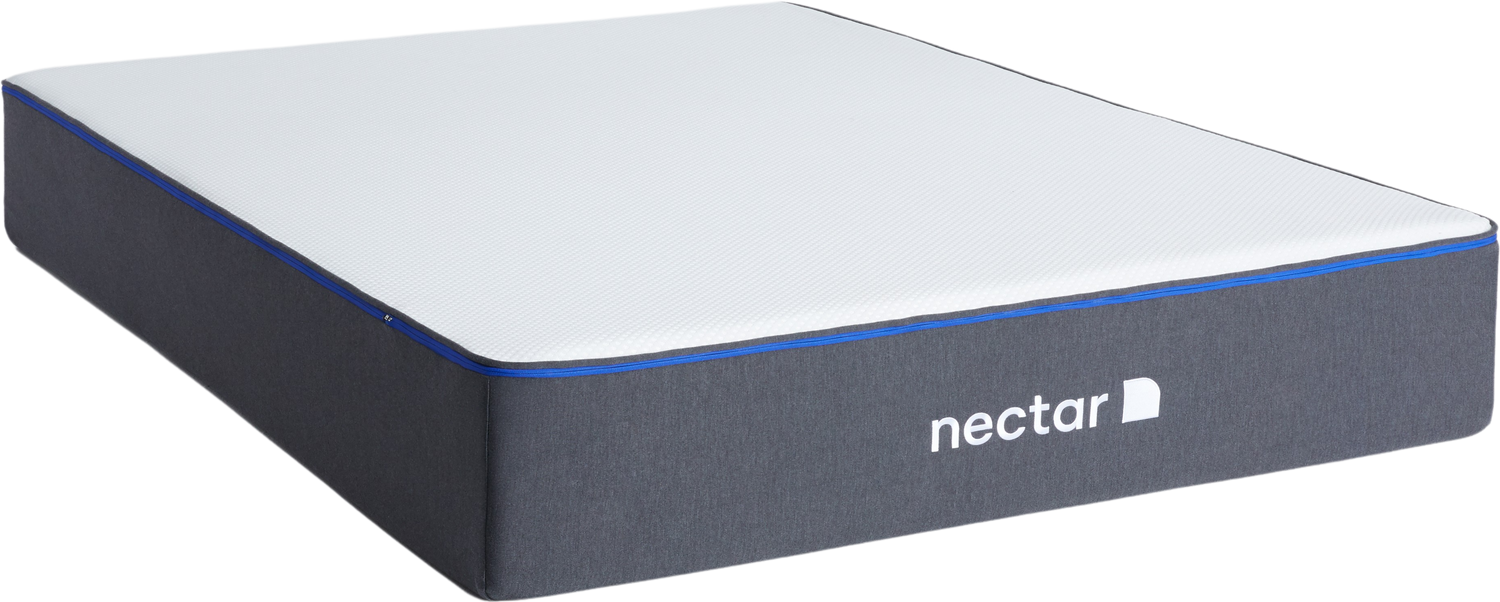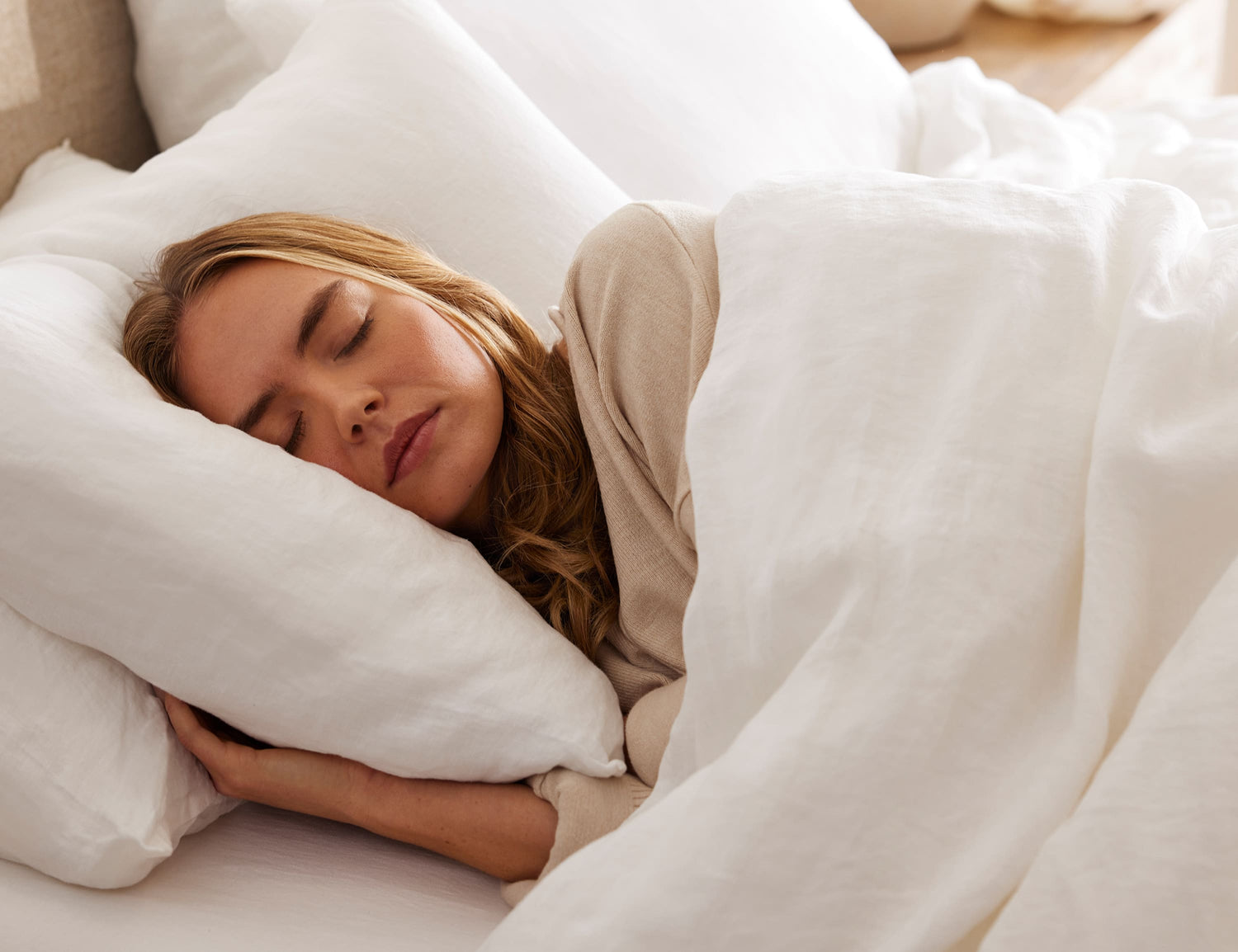Why Do People Snore?
Snoring happens when there’s a bit of a blockage in the airway as we sleep. It could be down to our weight, the way our throat or nose is shaped, or even the position we’re lying in. As we drift off, our throat muscles relax, the tongue can fall backwards, and the space at the back of the throat narrows. The soft tissues vibrate as air squeezes through – and voilà – that unmistakable snoring sound.
Everyone’s snoring trigger is a bit different, which means the best way to stop snoring will depend on the underlying cause. Some fixes are natural and simple, while others may need a bit more effort – or even medical intervention.
Common Causes of Snoring
-
Blocked nose – If your nose is bunged up due to a cold or allergies, it’s harder to breathe freely. You can think of it like water running through a kinked garden hose – the narrower it is, the more turbulent the flow.
-
Deviated septum – If your nasal septum (the bit that divides your nostrils) is off-centre, it could be restricting airflow.
-
Mouth structure – A soft palate that’s thicker or lower than average, or an extra-long uvula (the dangly bit at the back of your throat), can both lead to snoring.
-
Pregnancy – Mum-to-be? Hormonal changes and weight gain during pregnancy can cause nasal congestion and snoring. It’s worth mentioning to your GP or midwife, as snoring in pregnancy has been linked to high blood pressure.
-
Dust mites & allergens – That old mattress could be a hotbed for dust mites, and if you’ve got allergies, they might be making things worse. Time to consider a bedroom refresh!
Simple, Natural Ways to Help Stop Snoring
If you’re not quite ready to explore medical options, there are plenty of things you can try at home.
1. Change Your Sleeping Position
Lying on your back can let your tongue slip backwards and block your throat. Sleeping on your side is often much better for airflow. If you tend to roll onto your back during the night, try sewing a tennis ball into the back of your pyjama top (yes, really – it makes lying on your back uncomfortable!). Or use a U-shaped body pillow to keep you in position.
Bonus: if you’ve got a partner, spooning counts as snore prevention!
2. Check for Allergens in the Bedroom
If your snoring is worse at certain times of year, you might have an undiagnosed allergy. Dust mites in pillows and mattresses are a common culprit. Wash your bedding regularly, consider hypoallergenic pillows, and give your bedroom a proper clean. You might even want to replace your mattress if it’s more than 7 years old.
3. Get a Proper Night’s Sleep
Sounds obvious, but if you’re utterly exhausted, you’re more likely to snore. When we’re overtired, our muscles relax more deeply – including those in the throat. So try to keep to a regular sleep routine, and don’t burn the candle at both ends.
4. Review Your Medication
Some prescription meds – such as sedatives, muscle relaxants, and certain antidepressants – can relax throat muscles too much. If you think this might be affecting you, have a chat with your GP. There might be an alternative.
5. Ease Off the Alcohol
Alcohol relaxes the muscles in your throat, which makes snoring more likely – especially if you’ve had a drink just before bed. Try to avoid drinking in the evenings, particularly if you’ve already got a history of snoring. And don’t forget to stay hydrated – dry nasal passages can make things worse.
6. Keep an Eye on Your Weight
While thin people can and do snore, carrying extra weight – especially around the neck – can add pressure to the airway. If you’ve recently put on a few pounds, that might explain the increased snoring.
Help for Blocked Noses & Nasal Breathing
Neti Pots
A Neti pot is a small teapot-like device that helps rinse out your nasal passages using a saline solution. They’re a bit of an acquired taste but can work wonders for clearing congestion. Always use distilled or sterile water, and clean it thoroughly between uses.
Nasal Strips
These sticky strips go across the bridge of your nose and gently pull the nostrils open, improving airflow. You can buy them at most pharmacies and supermarkets, and they’re a good low-cost option for mild snorers.
Nasal Sprays
There are various sprays available, from basic saline ones to steroid sprays (which you might need a prescription for). These can help reduce swelling and open up your nasal passages. If your snoring is seasonal, sprays can be especially helpful.
Snoring vs Sleep Apnoea – Know the Difference
Snoring can sometimes be a sign of a more serious condition called sleep apnoea. This is where your breathing stops and starts repeatedly through the night. You might not even know it’s happening, but your partner probably will – it can sound like gasping, choking, or loud snorts.
Signs of Sleep Apnoea:
-
Morning headaches
-
Dry mouth or sore throat on waking
-
Feeling tired despite getting a full night’s sleep
-
Trouble concentrating
-
High blood pressure
There are three main types: obstructive sleep apnoea (the most common), central sleep apnoea, and mixed. If you suspect sleep apnoea, speak to your GP – they may refer you for a sleep study, which involves monitoring you overnight to assess your breathing.
Devices That Might Help
Mandibular Advancement Devices (MADs)
These are mouthguards you wear at night that gently push your jaw forward to keep your airway open. They’re often used for sleep apnoea and are available over-the-counter or through your dentist.
Surgical Options (If All Else Fails)
If your snoring is severe or caused by a structural issue, there are some minor surgical options available.
-
Septoplasty – Corrects a deviated septum to help you breathe more easily through your nose.
-
Pillar Procedure – Involves inserting tiny rods into the soft palate to stiffen it and reduce vibrations.
-
Tonsillectomy/Adenoidectomy – Especially common in children, these surgeries remove enlarged tonsils or adenoids that may be blocking the airway.
Time to Get It Checked?
Persistent snoring shouldn’t be ignored. Your GP can examine your throat and nasal passages, ask about your sleep habits, and if needed, refer you to a sleep clinic for further assessment. Whether the cause is simple congestion or something more complex like sleep apnoea, help is available.
Final Thoughts
Most of us don’t even realise we snore – until someone else complains! But whether your snoring is mild or disruptive, there’s plenty you can do to tackle it.
A few tweaks to your sleep routine, bedding, or lifestyle might be all it takes. And if not, your GP can help you find a more tailored solution. Either way, better sleep (for both you and your partner) might be closer than you think.
Sweet dreams – and quiet ones!
This blog post is for informational purposes only and does not constitute medical advice. If you have concerns about your sleep, health, or wellbeing, please consult your GP or a qualified healthcare professional. The views expressed in this post are those of the author and are intended to share general insights, not to diagnose or treat any condition.




